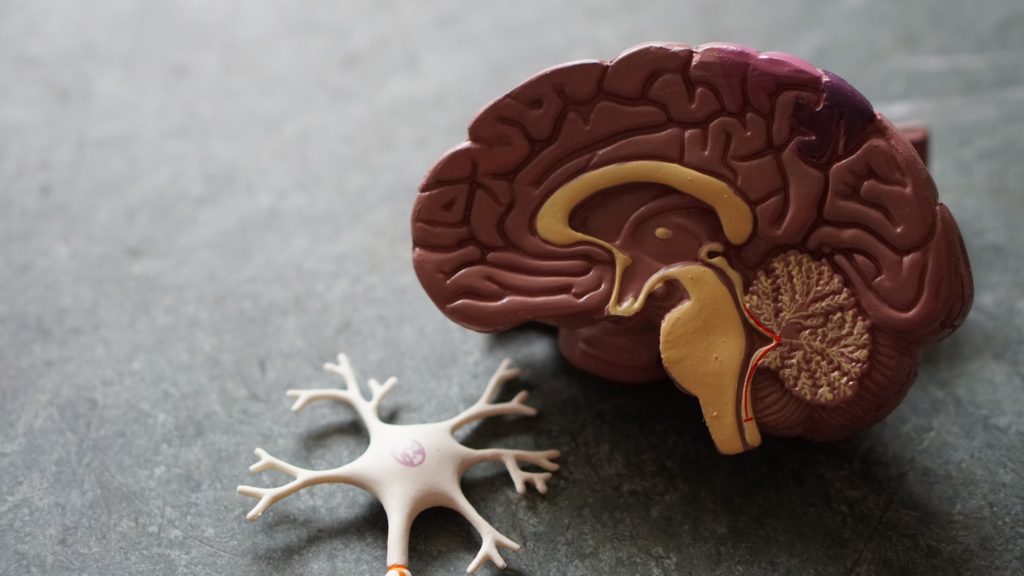Mental Health Awareness Month – Common Myths

There are various myths that are perpetuated throughout the media and society about mental health, and unfortunately, these myths cause harm and increase the stigma around mental illness. Below are some common myths about mental health and treatment.
- Myth: People with mental health issues are violent.
While media will commonly link violent events, particularly shootings, to mental illness, thus perpetuating the stereotype that those with mental health issues are violent, most individuals who have mental health issues are not violent. Another common stereotype is that individuals with schizophrenia in particular are violent; however most people with schizophrenia are not violent. If anything, those with schizophrenia or other mental health issues are actually more likely to be victims of violence.
- Myth: Mental health issues are uncommon.
Per the National Alliance on Mental Health (https://www.nami.org/mhstats), one in five adults in the United States experience a mental illness. Mental health issues can also occur in childhood and adolescence, so mental illness is not limited to adults. This is important to know so that parents know to get their child treatment if they worry their child may be experiencing a mental illness.
- Myth: We cannot prevent mental health issues.
Prevention is definitely available and prevention has been found to be more effective than intervention. This is important to understand so we know what initiatives to support in order to better build mental health. Providing supports and prevention programs in schools is one way to prevent serious mental illness. Further, there are various factors, such as exposure to traumatic events which can lead to posttraumatic stress, that can be mitigated by providing supports in schools and communities. According to the World Health Organization (https://www.who.int/mental_health/policy/development/1_Breakingviciouscycle_Infosheet.pdf), common mental health disorders occur at higher rates for those in poverty; further, those in poverty have less access to resources than those not in poverty, thus making it less likely that they will receive treatment for mental illness. Social supports in these communities is essential to prevent mental illness.
- Myth: Therapy/psychiatric medications are for those who are too weak to overcome their mental illness themselves.
Mental illness is not a sign of weakness and it is not a reflection of one’s character. Everyone benefits from assistance at some points in their lives and seeking out therapeutic services and/or psychiatric medications is one way to do so. The same way you would not label someone with diabetes as weak for taking insulin, someone with a mental health disorder is not weak for using resources to assist them.
- Myth: Mental illness is all in that person’s head; it’s not real.
Mental illness is very real. If we want to be literal, technically, mental health issues can originate in someone’s head (i.e., their brain); there are literally differences in the brain via the structures of the brain or in relation to the neurotransmitters that are associated with certain mental health disorders. For example, for those with attention-deficit/hyperactivity disorder (ADHD), dopamine and norepinephrine levels are different than for individuals without ADHD.
- Myth: Therapy/psychiatric medications are not helpful.
Therapy and/or psychiatric medications can be incredibly beneficial in treating mental health disorders. In the same way you would get treatment for a physical health issue, there are treatments available for mental health issues. Each mental health disorder has specific, evidence-based practices that are recommended for treatment, so consulting with a mental health professional can help you better understand which specific treatment modalities have been proven to be effective. Something to be aware of: duration and intensity of treatment can vary depending on the presenting problem. Sometimes recommendations will be more short-term versus long-term, and this is something to discuss with your mental health care provider.
- Myth: People with mental health issues are weak and should just get over it.
Like mentioned above, having a mental illness is not a reflection of one’s character. Nor is it always easy to manage a mental illness, and again, that is not indicative of the individual’s worth. Please refer to the following blog post which addresses this: http://turningpointai.com/wptpai/mental-health-awareness-month/
- Myth: One cannot recover from a mental illness.
While there are those who will struggle with mental illness throughout their lives, there are also many who, with effective treatment, can experience continuous improved well-being. One can learn to cope with mental illness and still experience happiness and a meaningful life. It is an achievable goal, albeit one that may require some hard work.
- Myth: Therapy is only for people who are “crazy” or are in crisis.
Everyone can benefit from therapy, even if they do not have a diagnosed mental illness. Therapy can be a tool for self-exploration with a neutral party to help improve your quality of life. Going to therapy does not mean one is “crazy” or unable to function; it just means that the individual is seeking outside assistance to improve well-being and build skills to better function to meet their specific goals.
Photo by Robina Weermeijer on Unsplash
Written by Justina Yohannan, PhD